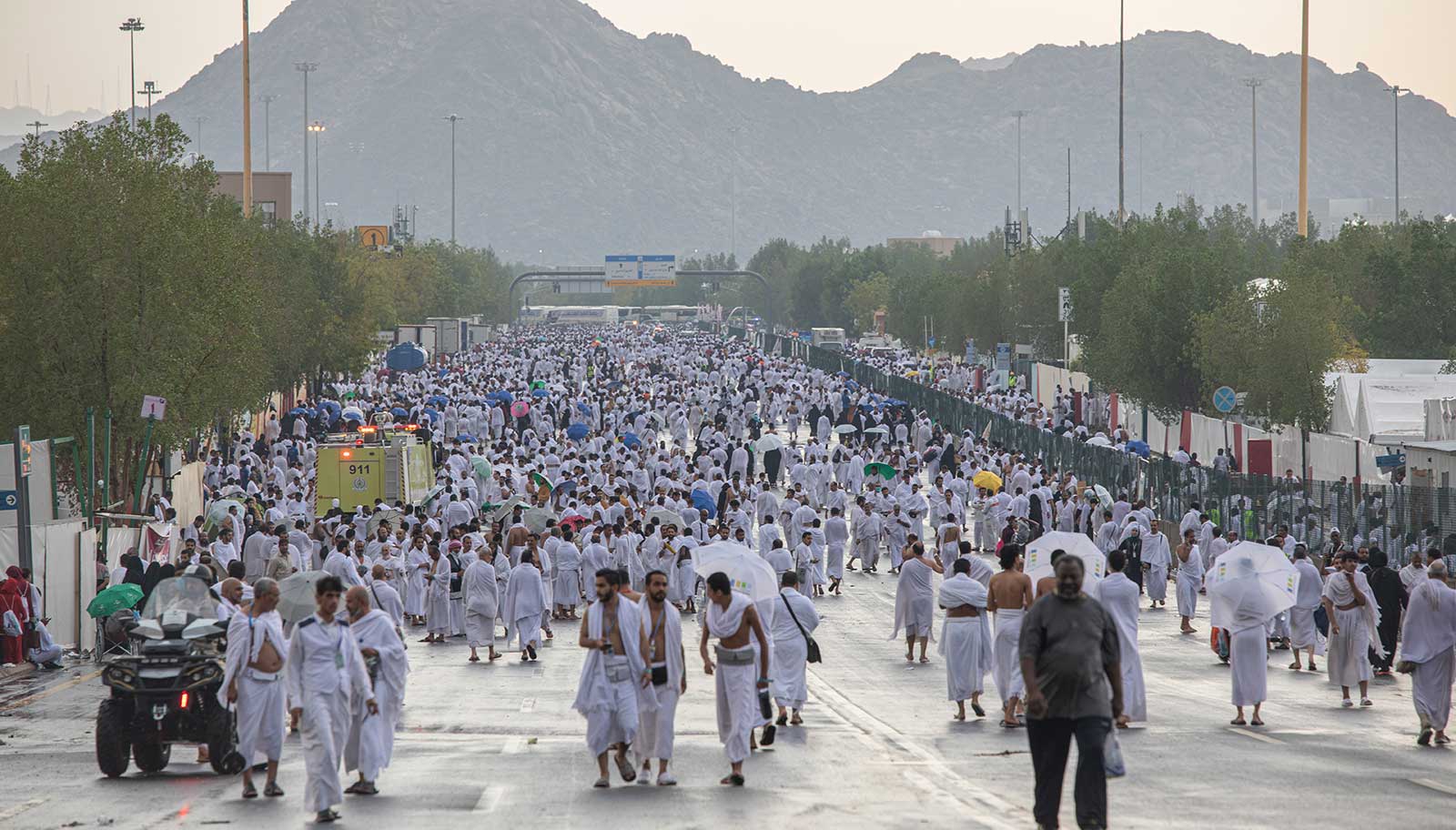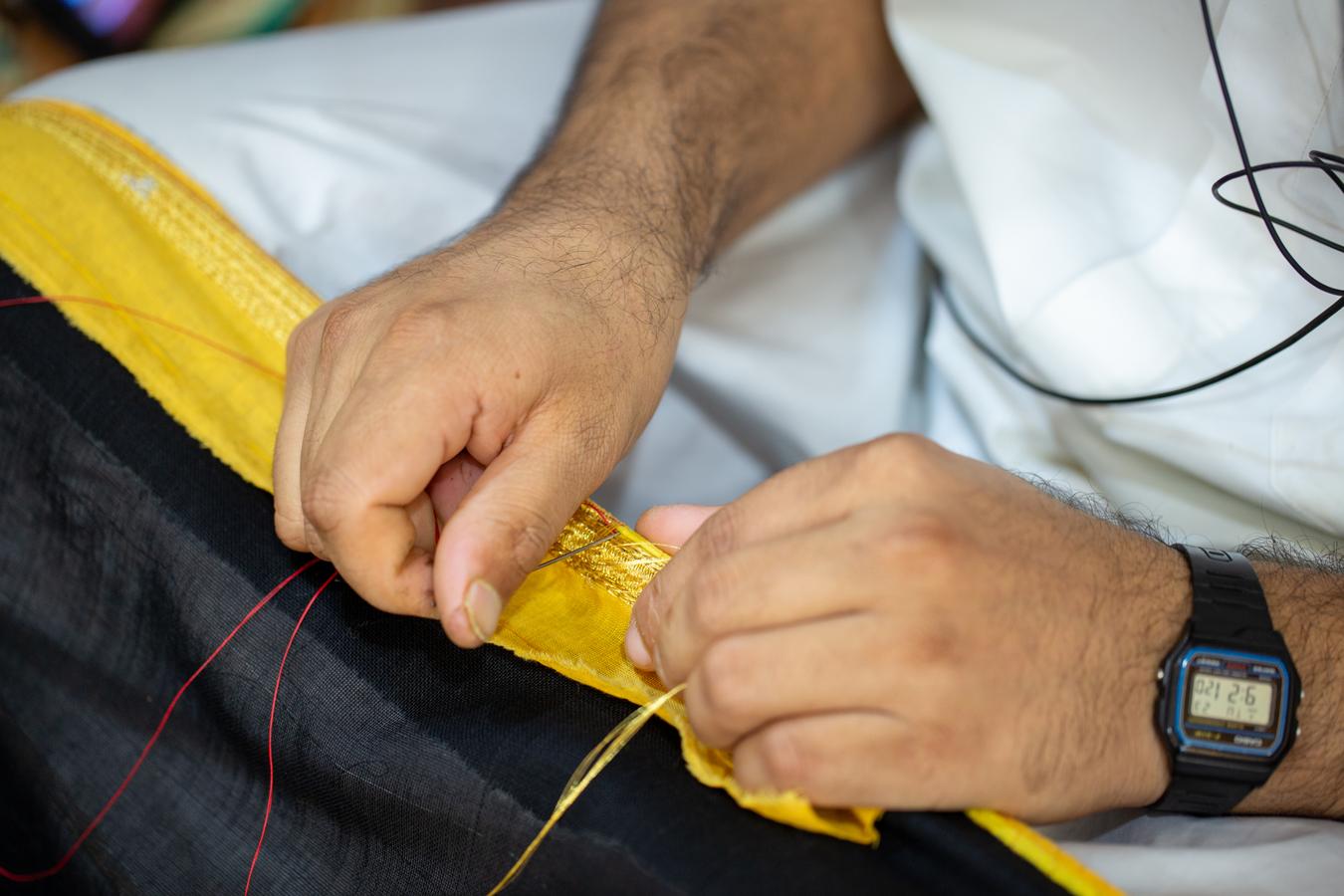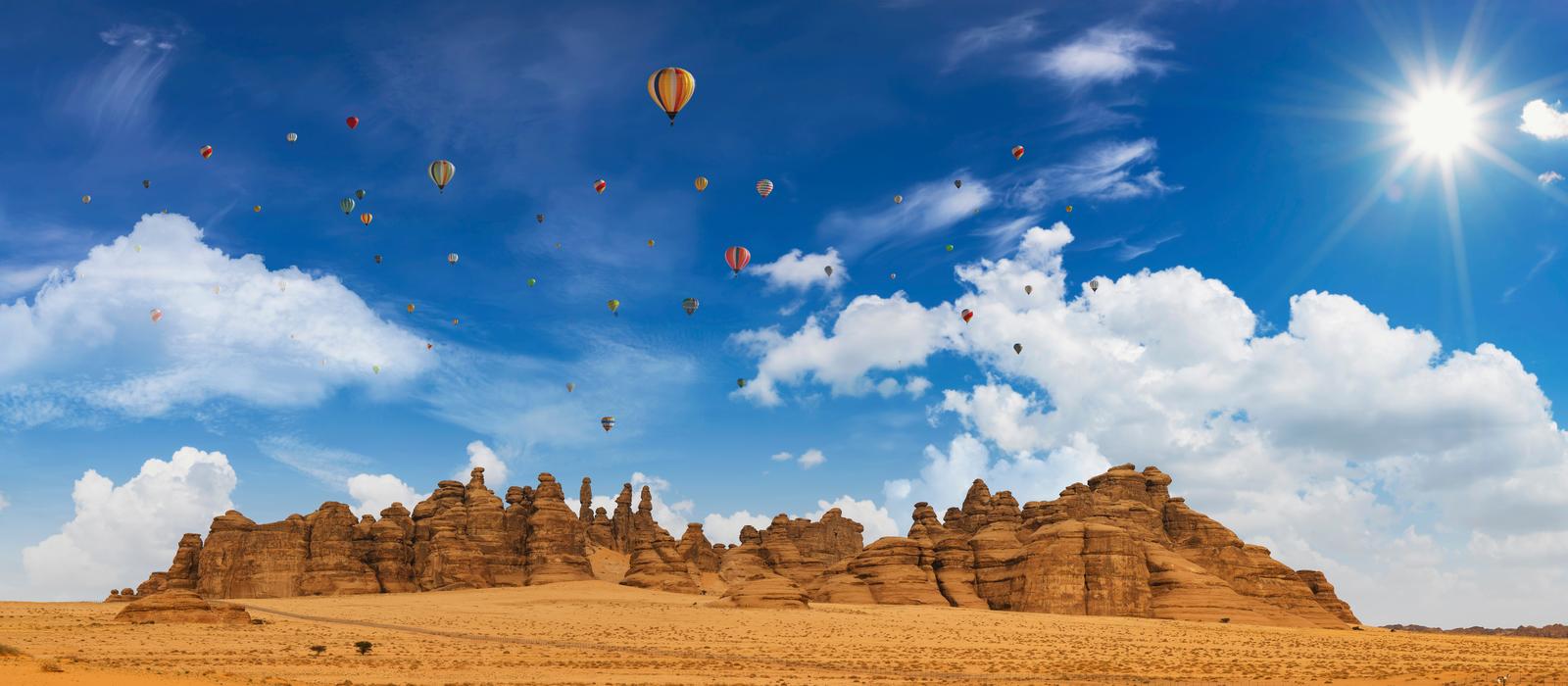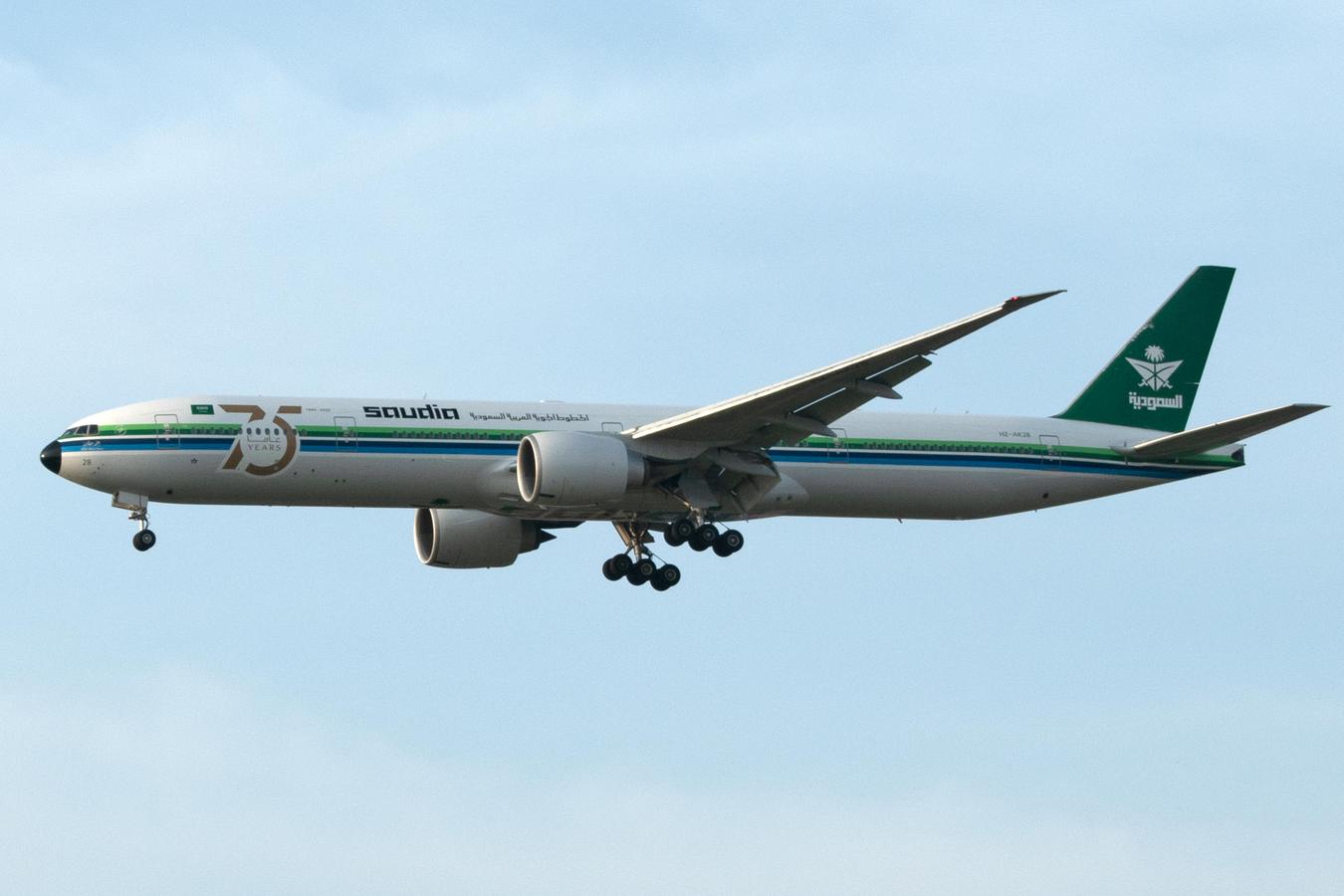Hajj is a journey of both challenge and reward, rigorous requirements and physical trials. Yet a journey of forgiveness and spiritual renewal, too.
“Then depart from the place from where [all] the people depart and ask forgiveness of Allah. Indeed, Allah is Forgiving and Merciful.” Surah Al-Baqarah, verse number 199.
Hajj starts this year on June 14th. The fifth pillar of Islam is a mandatory act of worship for every Muslim man and woman over the age of 18 who meets specific requirements, namely that it must be performed by those who have no debt and can finance their journey with their own money, not borrowed funds.
For many, it is a once-in-a-lifetime journey for which they or their families save diligently, especially for those coming from outside Saudi Arabia. It is the only pillar of Islam that is forgiven if it cannot be performed due to the aforementioned unmet requirements.
It is also important to understand the differences between Hajj and Umrah, the smaller pilgrimage.
Umrah can be performed throughout the year and only requires seven perambulations of the Kaaba in the Grand Mosque in Makkah, and then covering the short distance between the hills of Safa and Marwah seven times, which only takes a couple of hours.
Hajj, on the other hand, can only be performed once a year on specific dates of the Islamic calendar, and requires moving between various locations in the vicinity of Makkah.
In 2019 around 2.5 million pilgrims attended Hajj.
The pandemic had an impact, with only 58,700 attending in 2021, but it’s still considered one of the world’s largest human gatherings with almost 1.84 million pilgrims in 2023.
The sheer vastness of those numbers is one of the reasons, along with the increasing population and the impact of COVID-19, that the government has enforced strict regulations allowing a person to perform Hajj to Mecca only once every four years.
For Saudis or residents in Saudi Arabia, the process begins by requesting permission to participate in the Hajj to Mecca. For people outside Saudi Arabia, each country has a different procedure to apply for a license, mainly through government entities specialising in religious affairs.
After obtaining the license, the next step is finding accommodation.
Previously, this was a high season for Hajj and Umrah agents located mainly in Makkah and Jeddah, who offered accommodation and transportation - often making substantial profits.
Accommodation now mainly consists of tents categorised by agents, through booking managed and controlled on the website of Ministry of Hajj and Umrah.
In the past, the Mina district (near Arafat Mountain) housed people who rented out their apartments, much like Airbnb.
Post pandemic, significant changes have been made. Recognising the importance of Hajj to Muslims and aiming to ensure safety and comfort, the Saudi government has taken greater control over operators handling Hajj services.
An Indian friend who is going for his first Hajj recently faced an issue with his accommodation provider and resolved it through the Ministry of Hajj’s website within two hours.
“I was amazed at how quickly they responded,” he told me. “In the past, I heard from family and friends that it used to be a nightmare dealing with unresponsive agents.”
Among the five pillars of Islam, Hajj stands out as the one with the deepest spiritual significance. The reason is the incredible reward it offers: complete forgiveness of sins, like hitting a reset button on your life – a fresh start, pure and new.
This promise of renewal makes every Muslim long to undertake this journey.
Growing up, I often heard stories of families making great sacrifices to save enough money for a parent to perform Hajj. People from third world countries would work abroad for years just to fulfil this dream.
The financial burden is considerable, especially for those from poor countries, from whom the cost of the journey is enormous.
In the past, pilgrims would travel for months over land and sea, facing countless hardships just to reach Mecca. Living in Jeddah, we sometimes forget how much easier it is for us compared to others. For us, the main expense is accommodation.
Despite this, the spirit of Hajj remains a powerful and unifying force, reminding us of the lengths to which people will go for a chance at spiritual rebirth and divine mercy.
Ensuring the safety and proper registration of pilgrims has become crucial. Stampedes, mainly attributed to unregistered pilgrims, claimed the lives of 1,400 in a pedestrian tunnel in 1990 - and in 2015 the tragedy in Mina led to at least 2,236 deaths and thousands more injured.
Until a decade ago, many would decide to go to Arafat on the day, leading to further overcrowding, and there have been other safety incidents in the past.
In 1997, a fire in the Mina tent city killed over 340 pilgrims and injured more than 1,500. This prompted significant safety reforms, such as the introduction of fire-resistant tents and better emergency response protocols.
The other challenge is transportation, due to the sheer number of buses needed to move pilgrims simultaneously, particularly for the journey from Arafat back to Mina.
Walking about 7km is an option but can be problematic in the heat, with temperatures expected to exceed 40°C.
My cousin, who did Hajj last year, chose to walk. “It was exhausting, but there’s something deeply spiritual about walking the same path as millions before you,” she shared.
After the three days of rituals, which include the symbolic stoning of the devil, the pilgrimage concludes.
Some pilgrims stay longer in Makkah and need to be identified so that the exit of Hajj participants can be smooth.
My Hajj was in 1988. I went with my grandmother, great uncle, uncle, and cousin. It was a great journey. It is about knowing that on this day all sins will be forgiven after praying and performing all religious duties for the day of Arafat.
And for all the seriousness of the experience, it can have moments of levity, too.
After the day of Arafat, during the symbolic stoning of the devil - ‘Rami Al-Jamrat’ - I heard a guy not throwing a stone but a slipper at the devil.
“To hell with you, you are the reason for my misery and sins,” he said.
Let’s say the emotion of this transformational journey had got to him.









0 Comments
No comments yet. Be the first to comment!